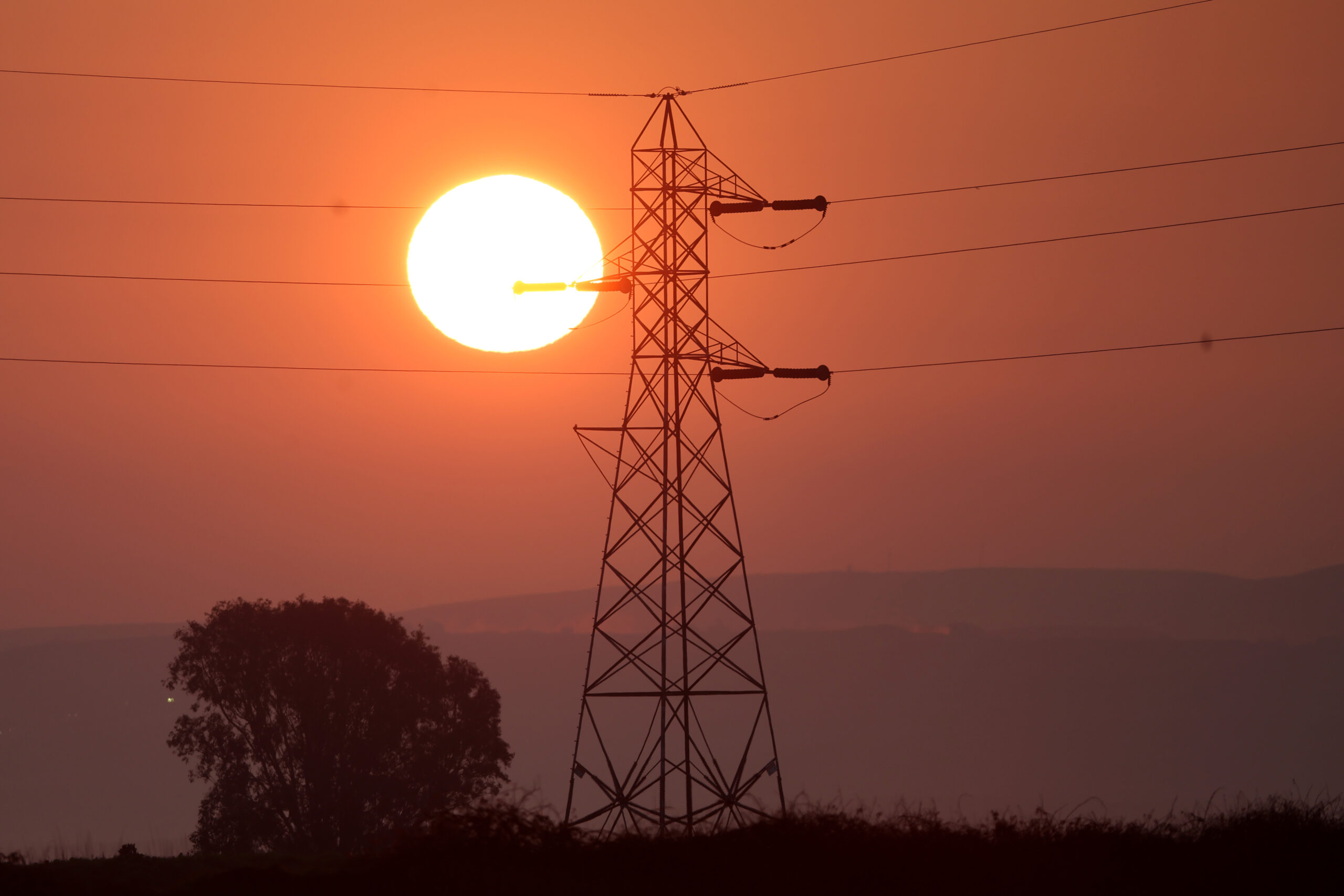Significant Investments in Solar Energy and Energy Storage
India will need to invest up to $385 billion to achieve its renewable energy target of 500 gigawatts (GW) by 2030, according to Moody’s Ratings. Despite this, coal will continue to be a key source of electricity generation for the next decade.
Annual Capacity Addition and Investment Breakdown
India, one of the world’s largest greenhouse gas emitters, aims to increase its non-fossil fuel capacity by 50 GW each year to meet its 500 GW goal. Although India missed its 2022 target of 175 GW, Moody’s estimates that an annual capacity addition of around 44 GW will help achieve the 2030 target. To reach this goal, India will need to spend between $190 billion and $215 billion on capacity over the next six to seven years. Additionally, another $150 billion to $170 billion will be required for transmission and distribution infrastructure.
Financial Implications and Policy Support
“The sizable pipeline of announced projects will likely keep the financial leverage of rated renewable power companies high over the next two to three years, which is a credit negative,” Moody’s noted. However, it also highlighted that the leverage of government-related issuers is expected to remain moderate during this period.
India’s robust policy support has boosted the renewable energy share to around 43% of its power capacity mix in fiscal 2023-24. This favorable policy environment has attracted significant private sector investments. For instance, Adani Group, through Adani Green Energy, aims to generate 45 GW of renewable power by 2030, striving to become the country’s first integrated renewable energy player.
The Role of Coal and Future Outlook
Despite the steady growth in renewable energy, particularly solar power, Moody’s expects coal to continue playing a significant role in electricity generation for the next eight to ten years. Continued policy backing is anticipated to facilitate significant progress toward India’s 2030 transition and 2070 net-zero targets. However, the persistent reliance on coal underscores the challenges in fully transitioning to a green energy economy.
In conclusion, India’s ambitious renewable energy goals require substantial investment and sustained policy support. The country’s focus on increasing solar energy and energy storage capacity is crucial for meeting its targets. However, coal’s continued role in electricity generation highlights the complexities of transitioning to a fully renewable energy market.
Source:vccircle.com





